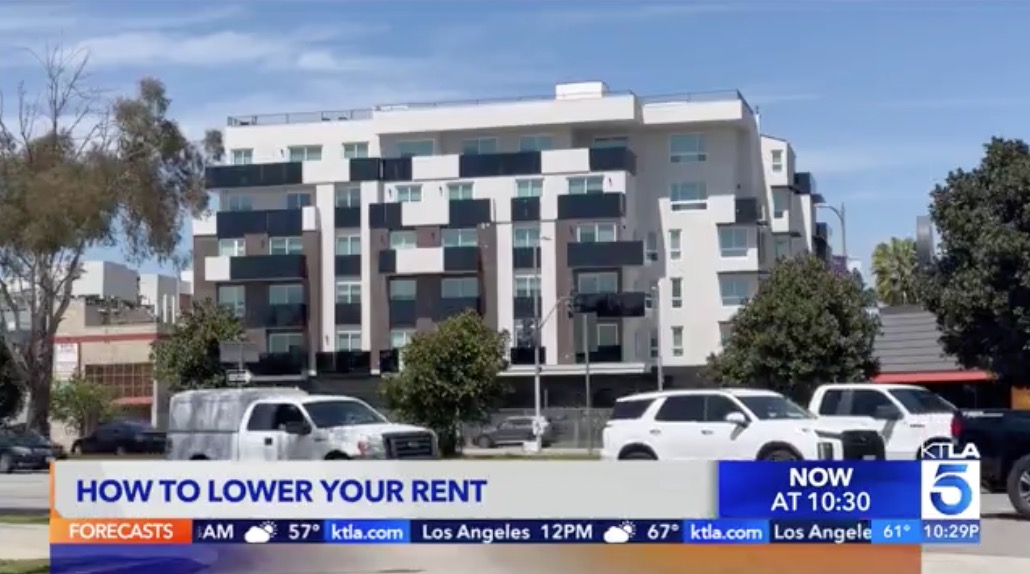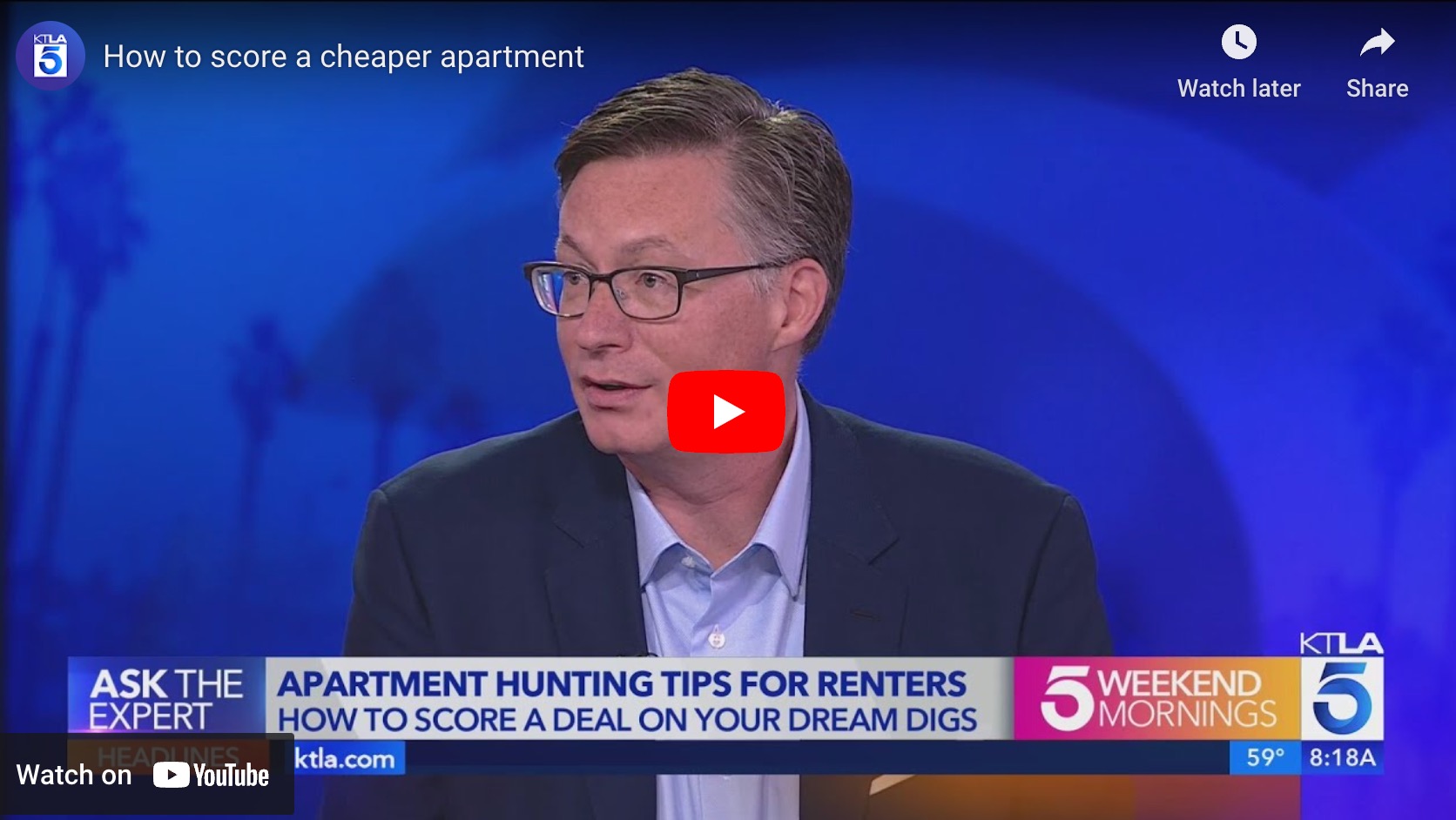Moving into your first apartment or house is super exciting. You are finally in charge of your own space, and you can do whatever you want, within limits of course. This freedom comes at a price, as you have more responsibilities and bills to pay.
Before you start exploring the options for your first rental apartment or house, here are a few things you should know.
Budget – Do It Wisely
We cannot emphasize this enough; if you fail to plan, you are planning to fail! Before you even begin your search for a rental, devise a plan. A detailed budget will help you save up for your first rental and keep you ahead on bills during your stay. Here are a few things you want to consider:
- Security Deposit: Every rental requires an upfront payment made to the landlord to ensure that the tenant will pay the rent and not damage the property. Although this security deposit is refundable, it must be paid upfront.
- Rental Payments: Depending on your income, you will need to set a cap on the maximum amount of rent that you can pay. There is a trick to do that; we will discuss it shortly.
- Hidden Fees: With the rent already burning a hole in your pocket, hidden fees can add to the agony. Make sure you discuss any hidden fees with your property advisor beforehand.
As a first-time renter, it is easy to get lured in by the most spacious and luxurious apartments. For now, it is best to stay within limits. How do I set the limits, you ask? Here is the trick we promised earlier
The 50/30/20 Rule
You don’t need a financial advisor or complex software to make your budget. This rule is an easy technique to manage your money well. You divide your gross monthly income (after tax and other deductions) into three categories:
- 50% for your Needs: Food, utilities, rent, and other necessities
- 30% for your Wants: These are things you can live without but want to enjoy life, e.g., the latest video game in the market
- 20% for your Savings: You need to keep these aside for a future event, or you can use a portion to pay off your debts
Budgeting is very important when you are starting. Make it a habit to make and stick to budgets today, and you will surely be thanking yourself years later!
Understand Your Needs
While exploring your rental options, it is important to compare each potential home to your checklist of wants and needs. You made one, right? If not, here are some features to consider:
- Do you use public transport? If yes, you may want to be within walking distance of your nearest station.
- If you have a pet, is your community pet-friendly?
- Headed somewhere with four seasons? Consider heating and cooling costs.
- How much are utilities?
- Is covered parking a must-have?
It is important to prioritize your needs and then look for other amenities that might interest you. It is easy to be distracted by an Olympic size pool, but it will be of little use if you have to walk for an hour to reach your nearest station every day.
Keep in mind you will likely need to make compromises, but it is important to stay organized and be realistic about your needs.
Visit Before You Decide
With virtual tours, you can easily view several apartments from the comfort of your couch. However, going old-school and walking through an apartment in-person can provide you with a better idea of what to expect from your new home. Sometimes, things look great on the screen, but they turn out to be quite the opposite when you visit.
In addition to experiencing the neighborhood firsthand, you will also get an overview of community norms and compatibility. Is your lifestyle best suited for this area? If not, consider exploring elsewhere.
Utilities Included
Some houses or apartments come with utilities included. While others require you to pay separately for things like water and electricity. It is better to ask beforehand if the rent includes all utilities, some, or none at all.
In many apartment communities, property managers will bill you individually for water. The building gets one water bill, and that is divided amongst all the residents. In this case, it will save you the hassle of opening an account with the city for water.
Read, Reread and Understand the Lease
You may find yourself tempted to skim through the lease and put your signature on the dotted line. After all, it is your first rental home! Resist the urge and do your research. It should not take you more than a few minutes to read your lease agreement, and it can make a world of difference.
Read the contract completely and make a note of anything that concerns you. If you and your property manager had agreed on something before, make sure it is documented. It is important to understand the lease agreement fully. You should also request a copy if you need to refer back to something. The lease will provide you with information such as rent payment date and methods and also the penalties you may incur if you miss a date.
Last Words
Being a first-time renter can be super exciting. Make sure you do your research properly and do not rush the process. With proper budgeting and a clear understanding of your expectations, you will be well on your way to being the boss of your first apartment.
If you’re looking for more renter-relevant content, check out our other informative blog posts here.
Time to find a new rental home? Check out Dwellsy.








